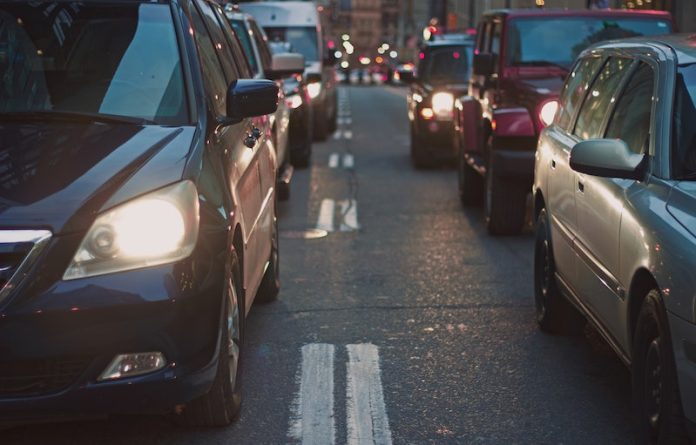
Living near a busy road can be a major annoyance, with constant traffic sounds from roaring engines, honking horns, and wailing sirens filling the air.
But did you know that it can also elevate your risk of developing hypertension?
This is the finding of a new study at the University of North Carolina at Chapel Hill, which shows that exposure to road traffic noise itself can increase the risk of developing hypertension.
Exposure to excessive noise can have a range of harmful effects on our health and well-being. Some of the potential harms of noises include:
Hearing loss: Exposure to loud noises can cause hearing damage, leading to hearing loss over time.
Sleep disturbances: Loud noises can disrupt sleep and lead to insomnia or other sleep disorders, which can have a negative impact on overall health and well-being.
Increased stress: Exposure to noise can increase stress levels, which can contribute to a range of health problems, including high blood pressure, heart disease, and mental health issues such as anxiety and depression.
Cardiovascular problems: Prolonged exposure to noise can increase the risk of cardiovascular problems, such as high blood pressure, heart disease, and stroke.
Previous studies have indicated a link between noisy road traffic and an increased risk of hypertension, but this latest research provides strong evidence that it is indeed exposure to road traffic noise itself that is the culprit.
Even after adjusting for air pollution, the association between road traffic noise and hypertension remained robust.
For this study, researchers conducted a prospective analysis using UK Biobank data to look at health outcomes over time.
They analyzed data from over 240,000 individuals aged 40 to 69 years who started out without hypertension, estimating road traffic noise based on residential address and the Common Noise Assessment Method.
Using follow-up data over a median of 8.1 years, they looked at how many people developed hypertension, finding that people living near road traffic noise were more likely to develop hypertension, and that risk increased in tandem with the noise “dose.”
The findings can support public health measures and lead to policymaking that may alleviate the adverse impacts of road traffic noise on our blood pressure.
This could include setting stricter noise guidelines, enforcement, improving road conditions and urban design, and investing in advanced technology on quieter vehicles.
This is the first large-sized prospective study directly addressing the effect of road traffic noise on the incidence of newly-diagnosed hypertension.
The findings provide a higher quality of evidence to justify the potential to modify road traffic noise and air pollution from both individual and societal levels in improving heart health.
Further field studies are underway to better understand the pathophysiological mechanisms through which road noise affects hypertension.
High blood pressure, also known as hypertension, is a common medical condition in which the force of blood against the walls of your arteries is consistently too high.
Blood pressure is measured in millimeters of mercury (mmHg) and is expressed as two numbers: systolic pressure (the top number) and diastolic pressure (the bottom number).
A normal blood pressure reading is considered to be less than 120/80 mmHg.
When blood pressure is consistently above 130/80 mmHg, it is considered high and may require treatment.
High blood pressure can be dangerous because it puts extra strain on your heart and blood vessels, which can lead to serious health problems such as heart disease, stroke, and kidney disease.
Many factors can contribute to high blood pressure, including genetics, age, weight, diet, physical activity level, and stress.
Treatment for high blood pressure often involves lifestyle changes, such as exercise and dietary modifications, as well as medications prescribed by a doctor.
It’s important to monitor and manage high blood pressure to reduce the risk of complications and maintain good health.
If you care about blood pressure, please read studies about a major cause of high blood pressure, and common juice may help reduce high blood pressure.
For more information about blood pressure, please see recent studies that early time-restricted eating could help improve blood pressure, and results showing plant-based foods could benefit people with high blood pressure.
The study was conducted by Jiandong Zhang et al and published in JACC Advances.
Copyright © 2023 Knowridge Science Report. All rights reserved.



